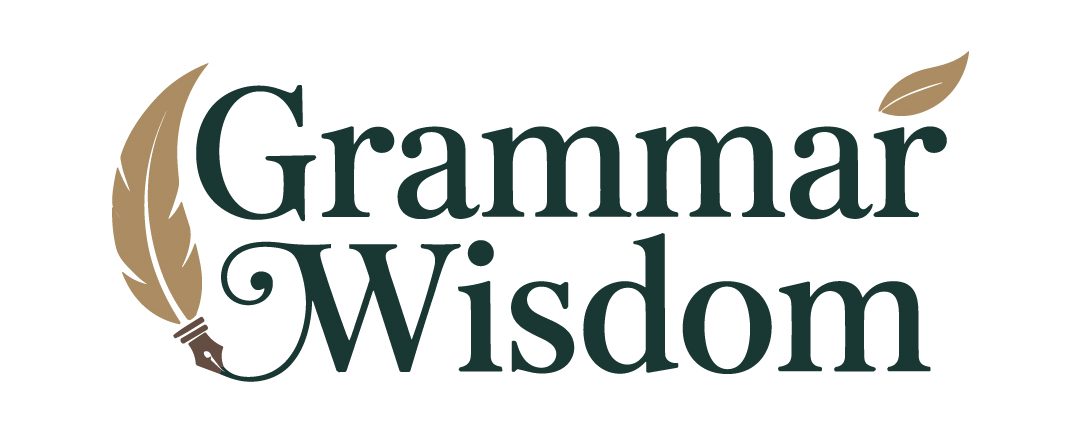Similes for Blue: Enhancing Descriptive Language
Understanding similes is crucial for enriching your descriptive language skills. Similes, by comparing one thing to another using “like” or “as,” add depth and vividness to your writing and speech. This article focuses specifically on similes that evoke the color blue, exploring a wide range of comparisons to help you paint more evocative mental images….
